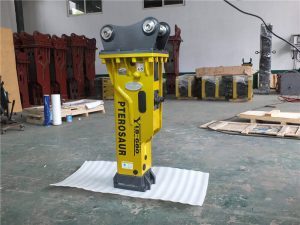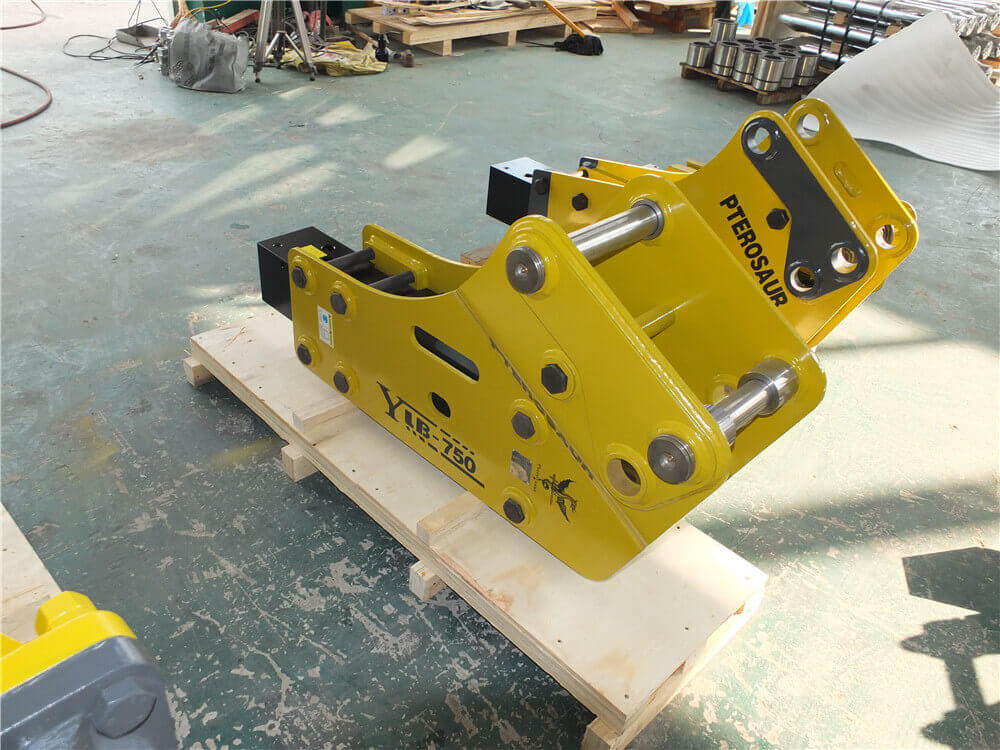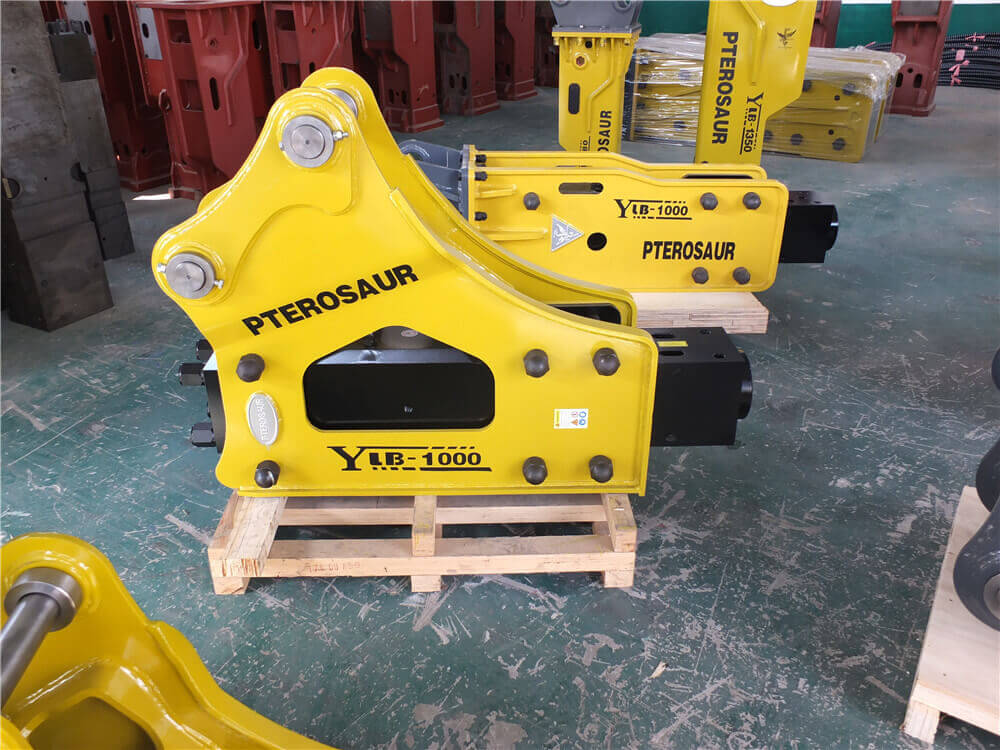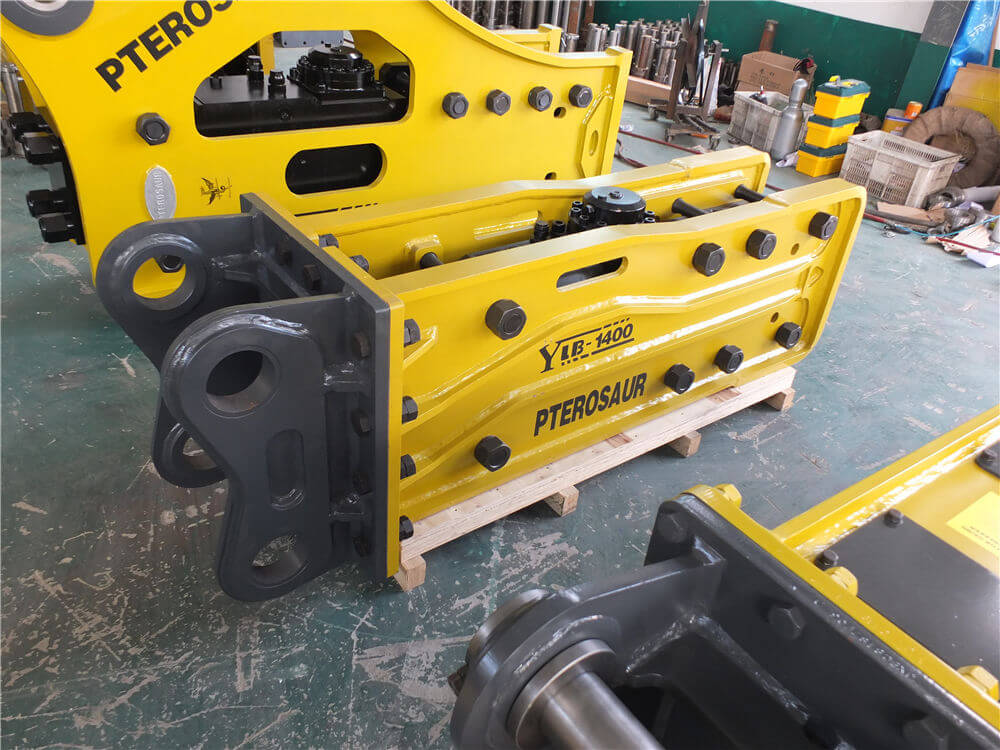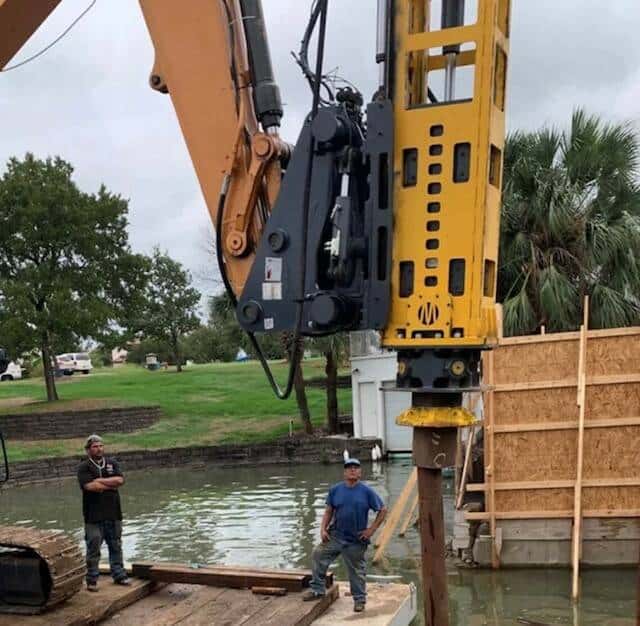Understanding Hydraulic Breaker Hammers for Excavators: Mechanics and Applications
Hydraulic breaker hammers, commonly known as excavator hammers or jack hammers, are essential attachments that enhance the functionality of excavators in various applications, including demolition, excavation, and construction. These powerful tools utilize hydraulic power to deliver impactful blows, enabling operators to break through tough materials like concrete and rock efficiently. This article explores the mechanics, applications, and considerations involved in using hydraulic hammers for excavators.
Mechanics of Hydraulic Breaker Hammers
Hydraulic hammers operate using the hydraulic pressure generated by the excavator’s system. When the hammer is attached, the hydraulic lines supply pressurized fluid, driving a piston within the hammer to reciprocate. This action creates a powerful impact force that can break through rigid materials. The performance of a hydraulic hammer is largely influenced by two key factors:
-
Hydraulic Pressure: Higher pressure results in a more powerful impact force. However, it’s essential to maintain the pressure within safe limits to avoid damaging both the hammer and the excavator.
-
Flow Rate: The flow rate of the hydraulic fluid also plays a critical role in the hammer’s effectiveness. An optimal flow rate ensures that the hammer can operate at its designed capacity, delivering maximum impact while minimizing wear.
Choosing the Right Hydraulic Hammer
When selecting a hydraulic hammer for an excavator, several factors must be considered to ensure compatibility and efficiency:
-
Weight and Size: The hammer’s weight should match the excavator’s boom and arm specifications. Oversized hammers can lead to instability, while undersized hammers may not provide sufficient breaking power. Most manufacturers provide guidelines to help operators choose the right size for their equipment.
-
Hydraulic Capacity: The excavator must be capable of supplying the necessary hydraulic pressure and flow rate required by the hammer. Always check the specifications to confirm compatibility.
-
Application Requirements: Different projects may require different types of hammers. For instance, light hammers are suitable for asphalt cutting and foundation work, whereas heavier hammers are ideal for primary rock excavation and heavy-duty demolition tasks.
Popular Hydraulic Breaker Hammers
Several manufacturers produce hydraulic hammers designed for various excavator sizes and applications:
-
HAWK Excavator Hammers: Known for their reliability and performance, HAWK offers a range of hydraulic breaker hammers suitable for various carrier weights, from 50 kg to over 10,000 kg.
-
Epiroc Hydraulic Breakers: These hammers are designed for heavy-duty applications and feature advanced technology to improve impact efficiency.
-
NPKCE Hydraulic Hammers: NPKCE provides a wide selection of hydraulic breakers tailored for different excavator models, ensuring high production rates and value.
-
RJB Hydraulic Hammers: RJB specializes in hydraulic hammers that promise high production and durability, making them a popular choice among contractors.
Applications of Hydraulic Breaker Hammers
Hydraulic hammers are versatile tools with a broad range of applications, including:
-
Demolition Projects: They are commonly used in demolitions to break down concrete structures and remove debris efficiently.
-
Excavation Work: Hydraulic hammers facilitate the excavation of hard soil and rock, making them essential in construction and mining operations.
-
Foundation Work: These hammers help in breaking through bedrock and other hard materials to lay foundations for buildings and structures.
-
Trenching: They are effective in creating trenches for utility installations, such as water, gas, and electrical lines.
Conclusion
Hydraulic breaker hammers are invaluable attachments for excavators, enhancing their capabilities and enabling operators to tackle challenging tasks efficiently. Understanding the mechanics and applications of these hammers, along with careful selection based on project requirements, is crucial for achieving optimal performance. Whether in demolition, construction, or excavation, the right hydraulic hammer can significantly improve productivity and effectiveness on the job site.

